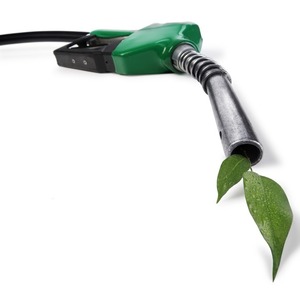Illinois bill aims to enact B20 mandate

April 1, 2021
BY Erin Krueger
Legislation currently pending in the Illinois General Assembly aims to create a state-wide renewable fuel standard (RFS) that would implement a biodiesel mandate requiring a B20 blend for transportation fuel beginning in mid-2024.
The bill would require diesel sold withing the state for use in internal combustion engines to be a B5 blend starting July 1, 2021. On July 1, 2024, the requirement would ramp up to a B20 blend. Certain exemptions would be allowed, including for fuel used in locomotives, marine engines and for power generation.
The legislation, HB 229, was introduced in January and has since been referred to the House Rules Committee; House Revenue and Finance Committee; and House Sales, Amusement and Other Taxes Subcommittee. To date, seven state lawmakers have signed on to cosponsor the bill.
Advertisement
Advertisement
Additional information is available on the Illinois General Assembly website.
Advertisement
Advertisement
Related Stories
CoBank’s latest quarterly research report, released July 10, highlights current uncertainty around the implementation of three biofuel policies, RFS RVOs, small refinery exemptions (SREs) and the 45Z clean fuels production tax credit.
The U.S. Energy Information Administration maintained its forecast for 2025 and 2026 biodiesel, renewable diesel and sustainable aviation fuel (SAF) production in its latest Short-Term Energy Outlook, released July 8.
XCF Global Inc. on July 10 shared its strategic plan to invest close to $1 billion in developing a network of SAF production facilities, expanding its U.S. footprint, and advancing its international growth strategy.
U.S. fuel ethanol capacity fell slightly in April, while biodiesel and renewable diesel capacity held steady, according to data released by the U.S. EIA on June 30. Feedstock consumption was down when compared to the previous month.
XCF Global Inc. on July 8 provided a production update on its flagship New Rise Reno facility, underscoring that the plant has successfully produced SAF, renewable diesel, and renewable naphtha during its initial ramp-up.
Upcoming Events










